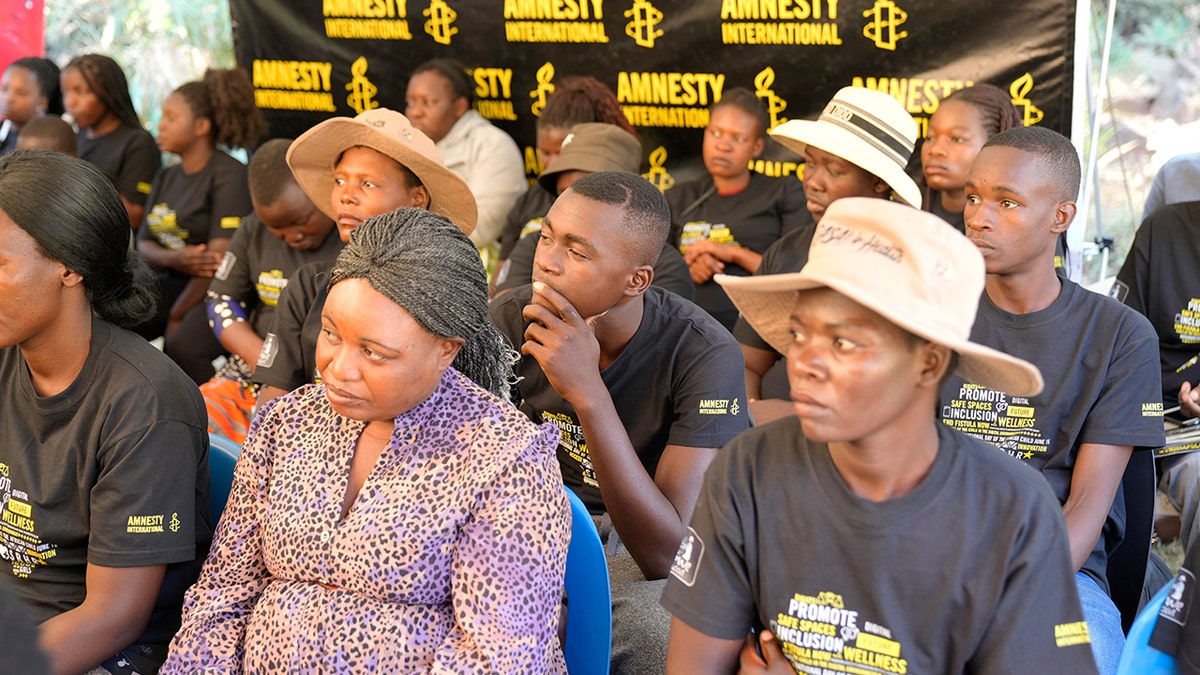In a nation where societal norms often restrict women's choices regarding their bodies, Sitabile Dewa, a Zimbabwean divorcee, is challenging a law that bans sex toys. Dewa argues that the law, which deems sex toys "indecent" and "obscene," infringes on her freedom and right to self-exploration. Her legal challenge comes as a response to her own experiences navigating the dating scene as a divorced woman in Zimbabwe, where single mothers and divorcees often face societal stigma.
Dewa's case has ignited conversations about women's sexuality and patriarchal attitudes in Zimbabwe. Women's rights advocates view her challenge as part of a larger movement pushing back against restrictions on women's choices concerning contraception, marriage, and even clothing. Dewa's open discussion of masturbation and female pleasure is particularly noteworthy in a culture where such topics are often taboo.

The enforcement of the sex toy ban is not merely theoretical. Last year, two women faced legal consequences related to sex toys, one of whom received a jail sentence or community service for operating an online business selling sex aids and offering advice on their use. Women's rights organizations like Katswe Sistahood believe that the authorities' concern stems from the perceived threat of women's sexual liberation and the sidelining of men in a society where sex is often viewed as primarily for male enjoyment and procreation.
Dewa's argument highlights the historical context of such laws, suggesting they would have been repealed long ago if men were the primary users of sex toys. Furthermore, scholars like Sylvia Ramale argue that pre-colonial African women enjoyed greater sexual expression before the imposition of European laws, culture, and religion, which emphasized the perceived impurity of women's bodies. This historical perspective adds another layer to Dewa's challenge, questioning the relevance of colonial-era laws in modern Zimbabwe.
Interestingly, while Dewa's case represents a progressive push for women's sexual liberation, there's a simultaneous resurgence of some pre-colonial traditions like "Chinamwari." These gatherings provide young women with sex education and advice on various aspects of sexuality and reproductive health, led by older women. Although Chinamwari offers potential empowerment, it also operates under secrecy due to prevailing societal attitudes and potential backlash from some men.
Comments(0)
Top Comments